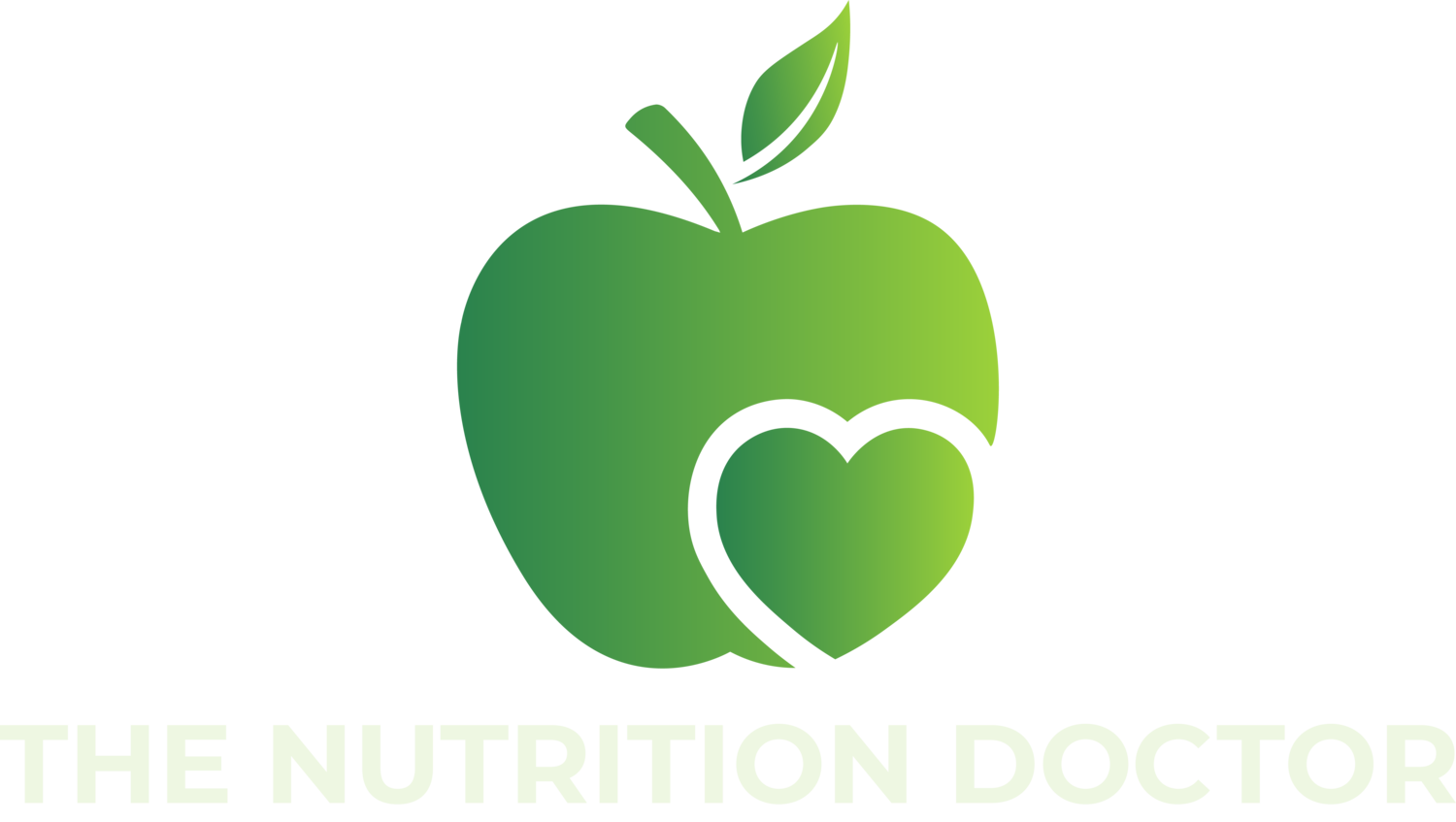What is a dietitian vs a nutritionist?
By the end of reading this article, you will know:
The important question to ask your current nutrition professional (if you have one)
The best (and only qualified) health professional to see for nutrition advice for a health condition
The International Confederation of Dietetic Associations defines a dietitian as:
A professional who applies the science of food and nutrition to promote health, prevent disease and treat disease, in order to optimise the health of individuals, groups, communities and populations.
To do this, they make food recommendations based on scientific principles (this is called evidence-based practice). In other words, they read and evaluate a lot of research to ensure they are giving the best possible dietary advice.
What training does a dietitian do? To be a dietitian, they must have undertaken a minimum four year university degree where they study biochemistry (how the cells of the body work), physiology (how the systems of the body works), pathophysiology (what happens when the body doesn’t work as it should), counselling (to be effective communicators who are supportive and empathetic and are skilled in helping you make dietary changes), and how to critique and understand research (not all research is conducted well so assessing the quality is important because poor methods can lead to the results being invalid).
Dietitians are the BEST qualified healthcare professional to provide nutrition advice due to the extensive training they undertake. In fact, the Australian government recognises dietitians as the ONLY nutrition professional qualified to provide nutrition advice.
So what do dietitians do?
Dietitians assess an individual’s unique nutritional needs and develop personalised eating plans.
Their training makes them great at sorting out incorrect nutrition information from facts which they then use to develop nutrition programs, policies and educate the public.
They are also the ONLY qualified professional to give advice for health conditions. This is called ‘Medical Nutrition Therapy’. The goal of medical nutrition therapy is to help you manage your health through food choices. Using this knowledge dietitians help treat a wide range of medical conditions including diabetes, heart disease, cancers, and obesity and prepare for surgery.
You wouldn’t seek legal advice from someone simply because they watched Law and Order, likewise, it only makes sense to see a qualified professional (a dietitian), for your dietary advice.
Now, lets get into the murky waters surrounding what is a nutritionist.
Dietitians have additional knowledge and skills compared to a university-qualified nutritionist, so all dietitians are university qualified nutritionists.
A university qualified nutritionist is qualified to give general healthy eating advice. Other health professionals such as GPs, specialists, nurses, exercise physiologists and physiotherapists can also give general healthy eating advice (i.e. no personalised advice).
Reader, please beware because....
In Australia the term ‘nutritionist’ is unregulated. What this means, is that anyone can call themselves a nutritionist. So, while this title may be used by university qualified nutritionists – it is also used by those with very limited or no university qualifications in nutrition at all! Now this is pretty scary because it is hard for the community to tell the difference between someone who is qualified to give nutrition advice and someone who is not. The best way to be sure you are receiving advice from a qualified professional, is to ask whether they are a university qualified nutritionist or are a university qualified health professional. However there is one very important caveat and message to take away from this article.
The important caveat: If you are looking for dietary advice to treat a health condition, then the ONLY qualified professional is a dietitian.
